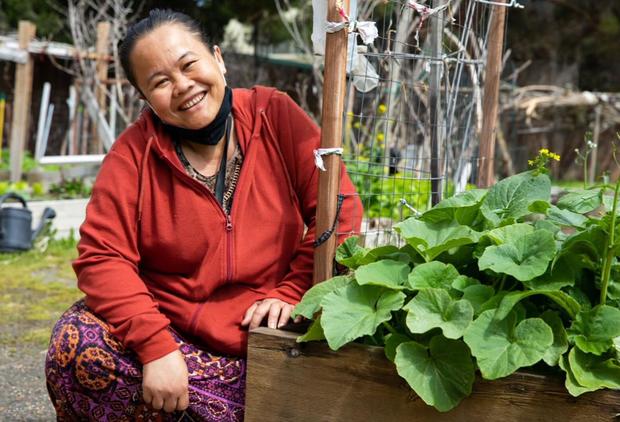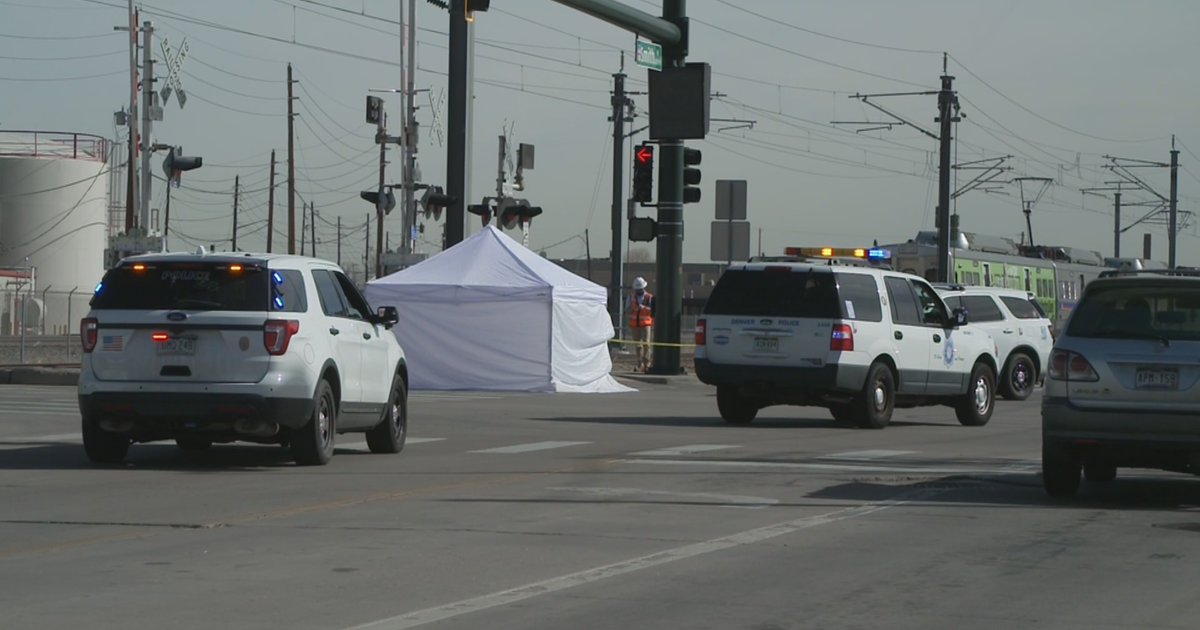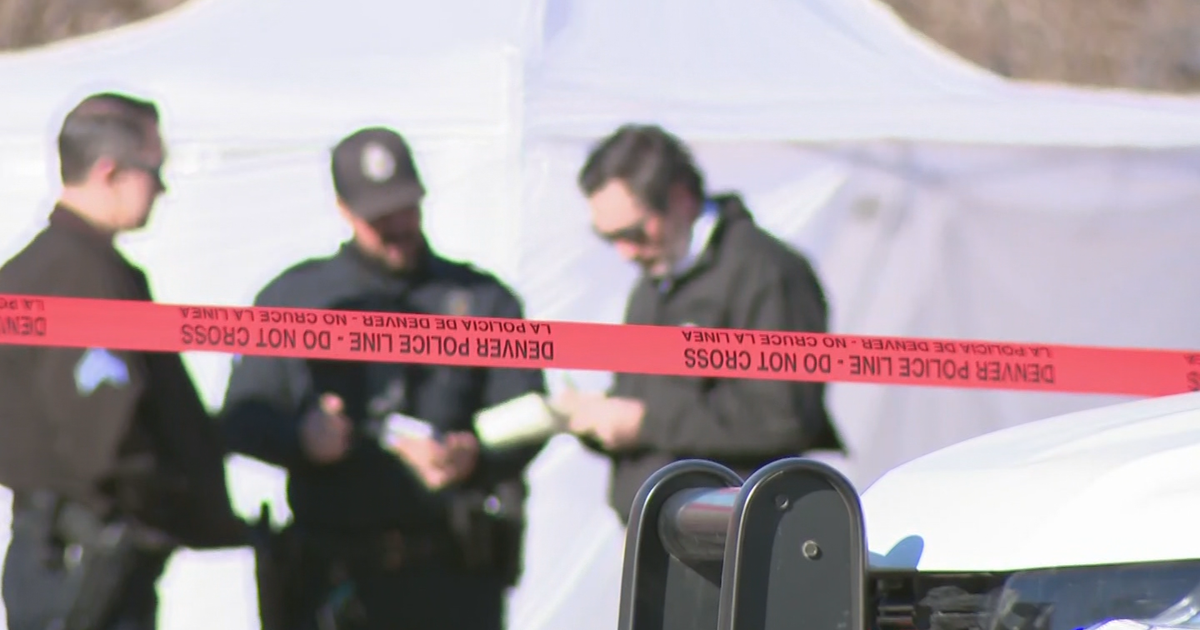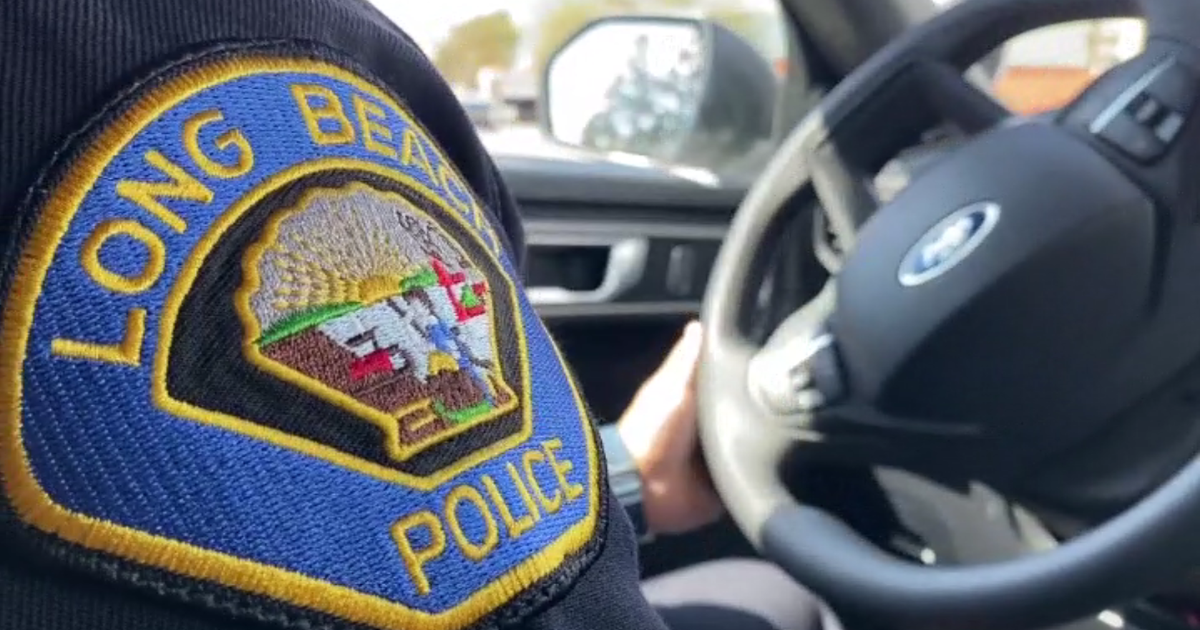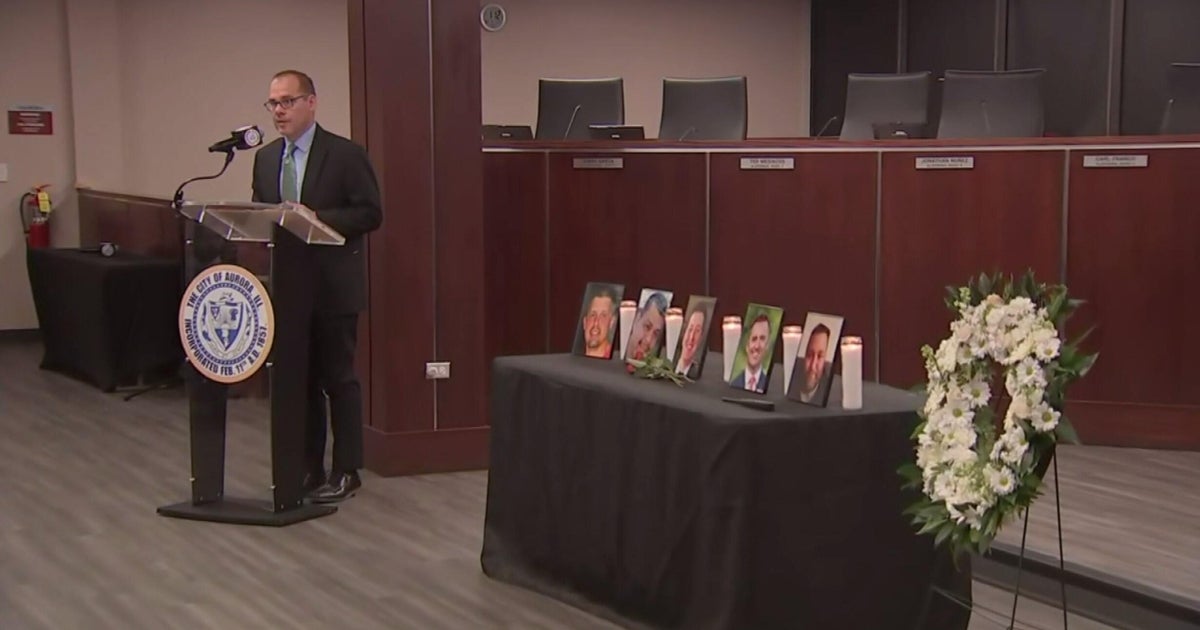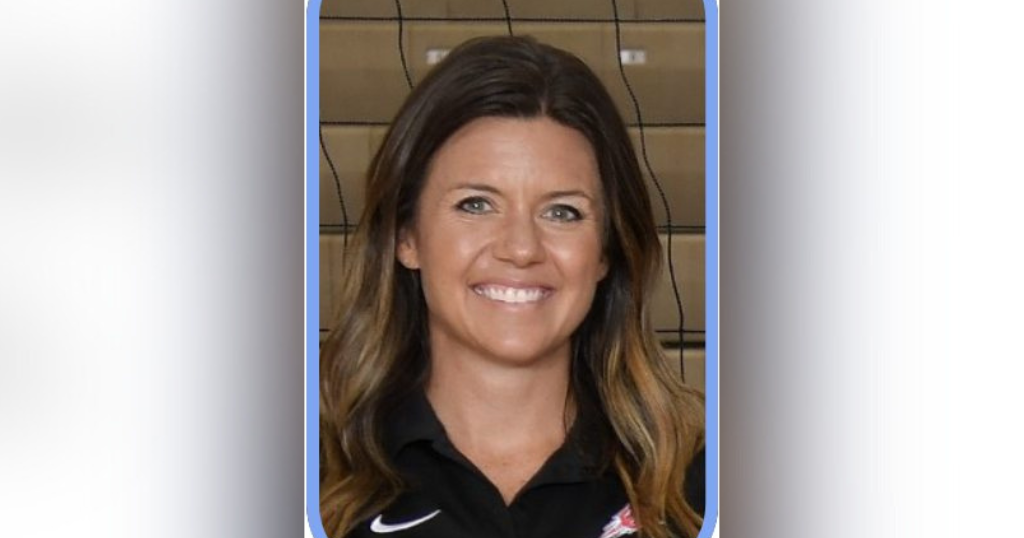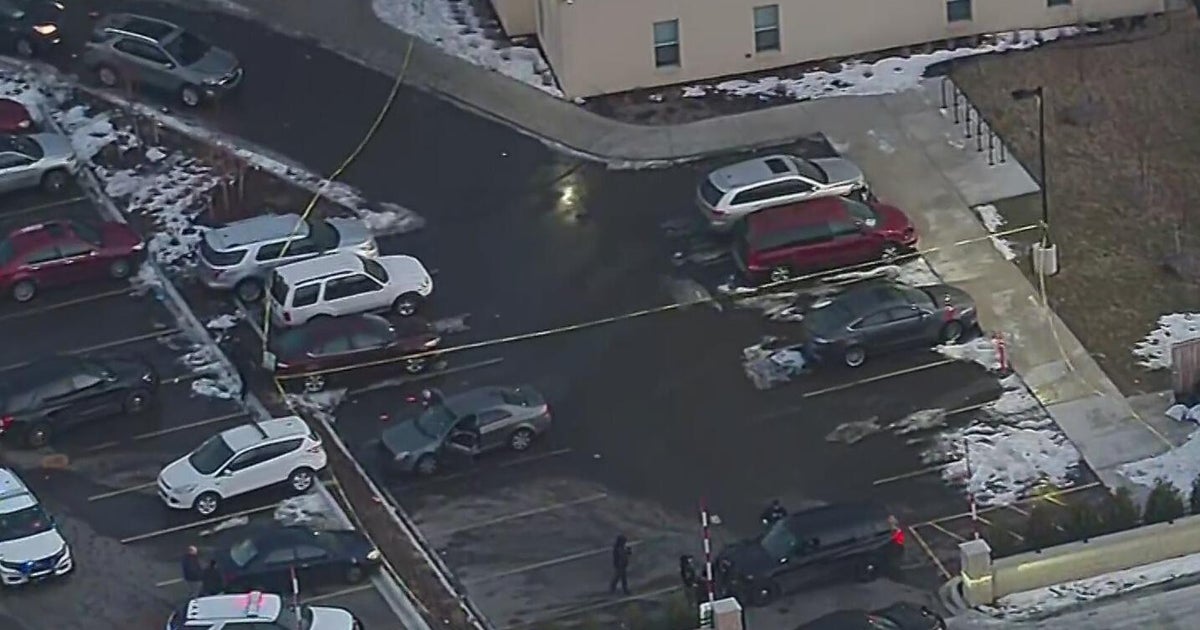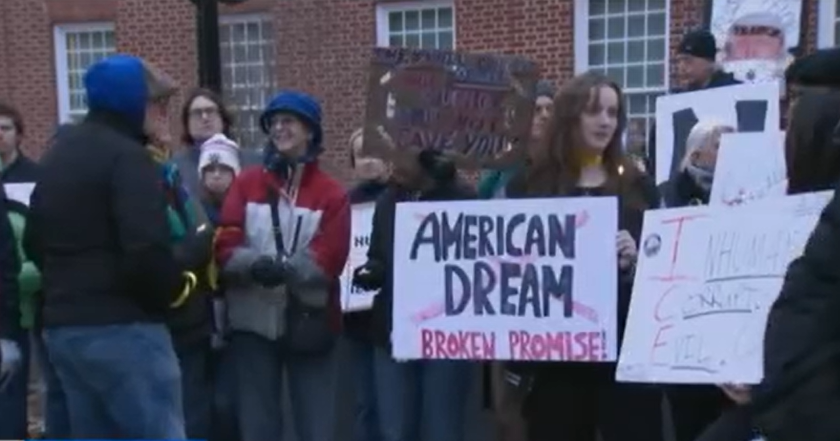Victim's assistance coordinator meets community after Ma Kaing's murder
As police work to make safety improvements in East Denver, they're answering the community's call for an advocate within law enforcement, hiring the first-ever victim assistance coordinator, Matthew Roberts. It's an idea that has been in the works for years, but police say was galvanized by the loss of Ma Kaing.
"Because of the level of tragedy and the level of love that Ma Kaing gave and received, it resonates across the city," says Scott Snow, Director of DPD Crisis Services.
Months after East Denver community leader Ma Kaing was killed by a stray bullet, Denver police are revamping their relationship with the community.
"Listening to what the community has asked for, rather than us assuming what we know the community needs," says Snow.
The community asked for a voice, and the police gave them an advocate, bringing in Matthew Roberts as victim assistance coordinator for East Colfax. Not a police officer himself, Roberts grew up in East Denver.
"I actually was a survivor of gun violence myself in my teens and just made a vow, if I could get through this I was going to dedicate my life to helping people and that's what I'm doing," says Roberts.
Put simply, his job is to be present in the community and serve its members.
"They'll have my cellphone number so they can even text me certain things if there's something going on with them and I got their back," says Roberts.
Not yet a month into the job, it will take time for Roberts to establish trust, as some residents are wary of law enforcement.
"In order to get right you have to deal with the wrong, and that includes tough conversations and transparency on our part and staying consistent," says Roberts.
It also includes learning to communicate with a diverse and large, primarily immigrant population.
"There are 89 or 90 languages besides English, so it's my job to get in and figure out what the primary languages are and get people in that can help me to help them," says Roberts.
It's a move towards community engagement, that's becoming a trend in law enforcement.
"I think it's an evolutionary part of the future of policing," says Snow.

